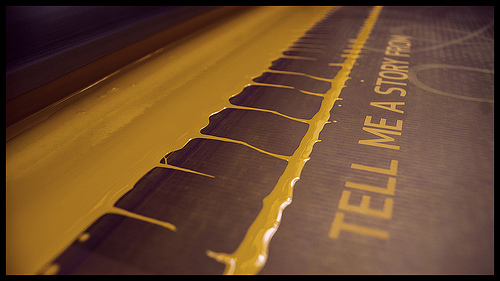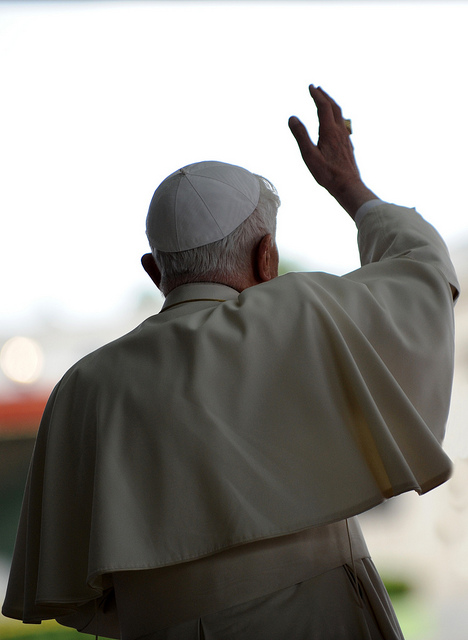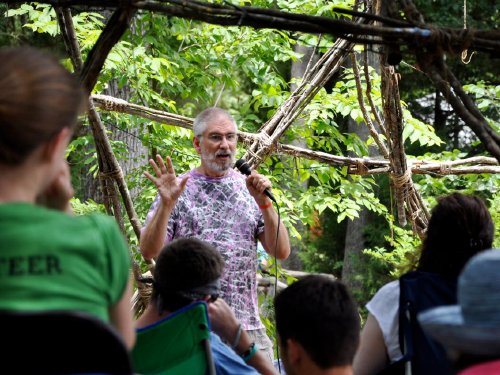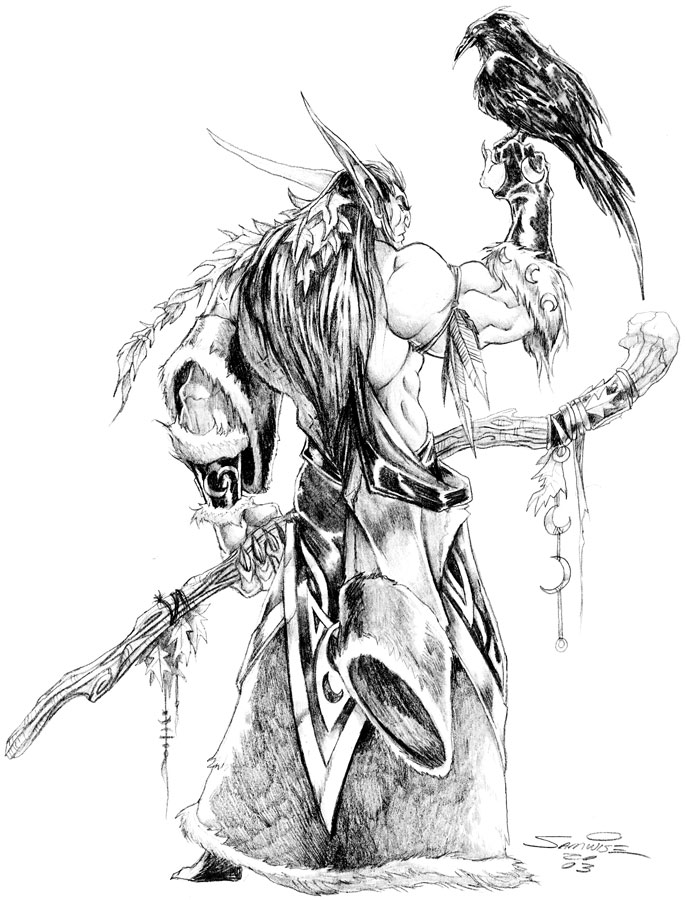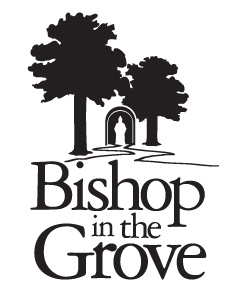Tag: Interfaith
-

I’m Not Catholic, But I Am Concerned
The first thing that sprung to mind when I learned that Pope Benedict was resigning from his station of service was a series of quips and puns. WWBD? He’d quit. Two living popes in Rome? It’s like Buffy and Faith all over again. Well this is a good way of dodging the child abuse scandal, no? […]
-

You Say Tomato, I Say Druid.
Ever since I took the name, Teo Bishop, and made it my own — both in a religious sense and through the proper legal channels — I’ve had cause to explain what it is that I do on this blog. My writing, as well as my deepening engagement with my own spiritual work, are both […]
-

What is the Point of Your Religion?
Last week I asked, “Where does compassion belong among Pagans and Polytheists?” Beneath this first question there is another, more relevant question; one that has been nagging at me for several days: What is the point of your religion? I think this is a valuable inquiry, and no one has asked me this just yet. Yesterday […]
-

More On Christian-Pagan Relations
Pagans hate generalizations made about Pagans (he writes with a smirk). That’s one generalization I feel confident in making. In my last post I made some bold statements about the unwillingness of Pagans to accept the existence of the Christian god, knowing full well that those statements were not completely accurate (or, perhaps even close […]
